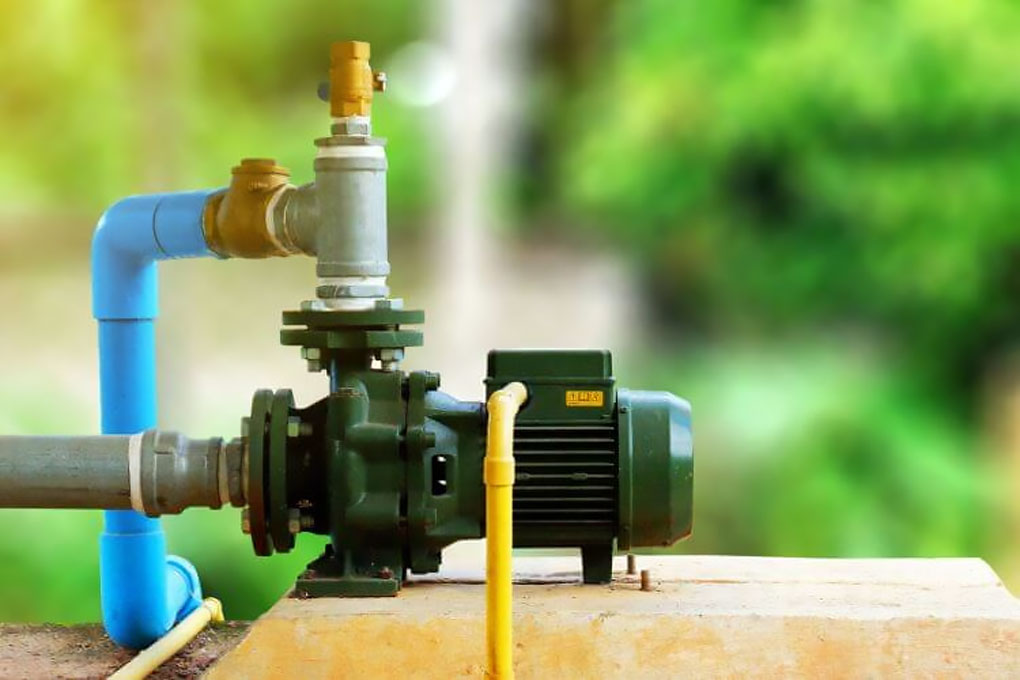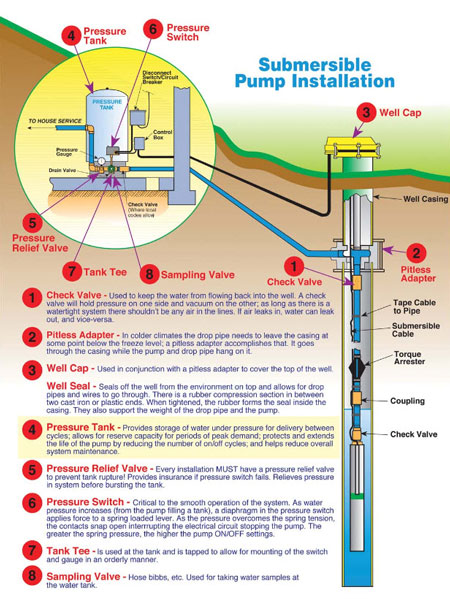Cutting-Edge Water Filtration Systems: Promoting Healthier Living Environments
Understanding the Key Parts of Effective Water Filtering Solutions

Significance of Water Filtering Solution
Water filtering systems play an important role in ensuring access to clean and safe alcohol consumption water by successfully removing contaminants and contaminations. These systems are important in resolving the growing issues over water top quality and the prospective health threats related to consuming infected water. By utilizing numerous filtering devices such as reverse osmosis, triggered carbon, and UV sterilization, water filtering systems can efficiently get rid of hazardous materials like bacteria, infections, heavy steels, and chemicals from the water supply.
In addition, water filtration systems aid to enhance the preference and odor of water by getting rid of chlorine, debris, and other toxins that can affect its high quality. Water Treatment. This enhancement in water high quality not only makes it much more tasty but likewise urges individuals to consume an ample amount of water daily, promoting much better hydration and total health
Types of Filtration Parts

Physical filters are created to literally stress out impurities from the water. These filters can be made of materials like ceramic, carbon, or also sand, and they function by capturing particles larger than the filter's pores as water travels through.
Chemical filters utilize numerous chemical procedures to get rid of contaminants from the water. Examples include triggered carbon filters, which adsorb pollutants, and turn around osmosis membrane layers, which make use of stress to different impurities from the water.
Organic filters utilize living organisms like bacteria or algae to break down organic matter and pollutants in the water. These filters are typically utilized in wastewater treatment plants or natural water purification systems.
Comprehending the different kinds of filtering elements is important for choosing the most appropriate water filtering system for particular purification needs.
Function of Sediment Filters
Debris filters play a crucial duty in water purification systems by properly recording strong bits suspended in the water. These filters are generally the first line of defense in a purification system, removing larger fragments such as sand, silt, dust, and corrosion before the water moves via finer filtration stages. By capturing these debris, the filters avoid them from reaching downstream components, thus prolonging the life learn this here now expectancy and effectiveness of the entire system.
Disregarding this maintenance can lead to obstructing, minimized water flow, and endangered filtration performance. Generally, debris filters are vital components that add substantially to the effectiveness of water purification systems.
Role of Triggered Carbon Filters
Playing an important function in water filtering systems, triggered carbon filters are critical in eliminating pollutants and pollutants from the water supply. As water passes with the filter, the activated carbon holds and attracts onto the impurities, ensuring that the water that comes out on the various other side is cleaner and more secure for intake.
Activated carbon filters are highly reliable at index boosting the preference and odor of water by reducing chemicals that can impact its quality. Due to their convenience and reliability, turned on carbon filters are an essential part in making sure that water is purified to the highest possible standards prior to reaching customers.
Comprehending Reverse Osmosis Equipments
Reverse osmosis systems are sophisticated water filtration systems that utilize a sophisticated procedure to remove pollutants and contaminations from drinking water. These systems function by applying stress to the water, forcing it with a semi-permeable membrane. This membrane works as a barrier, permitting only pure water particles to pass through, while obstructing larger molecules such as minerals, chemicals, and various her latest blog other impurities. Because of this, the water that comes out beyond is considerably cleaner and safer for usage.
In addition, reverse osmosis systems are reasonably low-maintenance and can be installed under the sink or in a central purification system, providing convenient access to tidy water throughout the house. On the whole, understanding how reverse osmosis systems work can assist people make informed decisions about their water purification demands.
Verdict
To conclude, effective water purification systems are vital for ensuring safe and tidy alcohol consumption water. The crucial elements of these systems include sediment filters, activated carbon filters, and turn around osmosis systems. By recognizing the feature and function of each component, individuals can make informed decisions when selecting a water filtration system. It is necessary to prioritize the top quality of water in order to advertise general wellness and wellness.
Water purification systems play a critical function in making certain access to safe and tidy drinking water by effectively eliminating contaminations and pollutants. By utilizing different filtration systems such as reverse osmosis, activated carbon, and UV sanitation, water filtration systems can efficiently eliminate unsafe substances like microorganisms, viruses, hefty steels, and chemicals from the water supply.
Sediment filters play a vital role in water purification systems by efficiently recording solid particles suspended in the water (Water Softeners).Playing an essential duty in water filtration systems, activated carbon filters are instrumental in getting rid of impurities and pollutants from the water supply.Reverse osmosis systems are sophisticated water purification systems that employ an advanced procedure to get rid of contaminants and impurities from alcohol consumption water